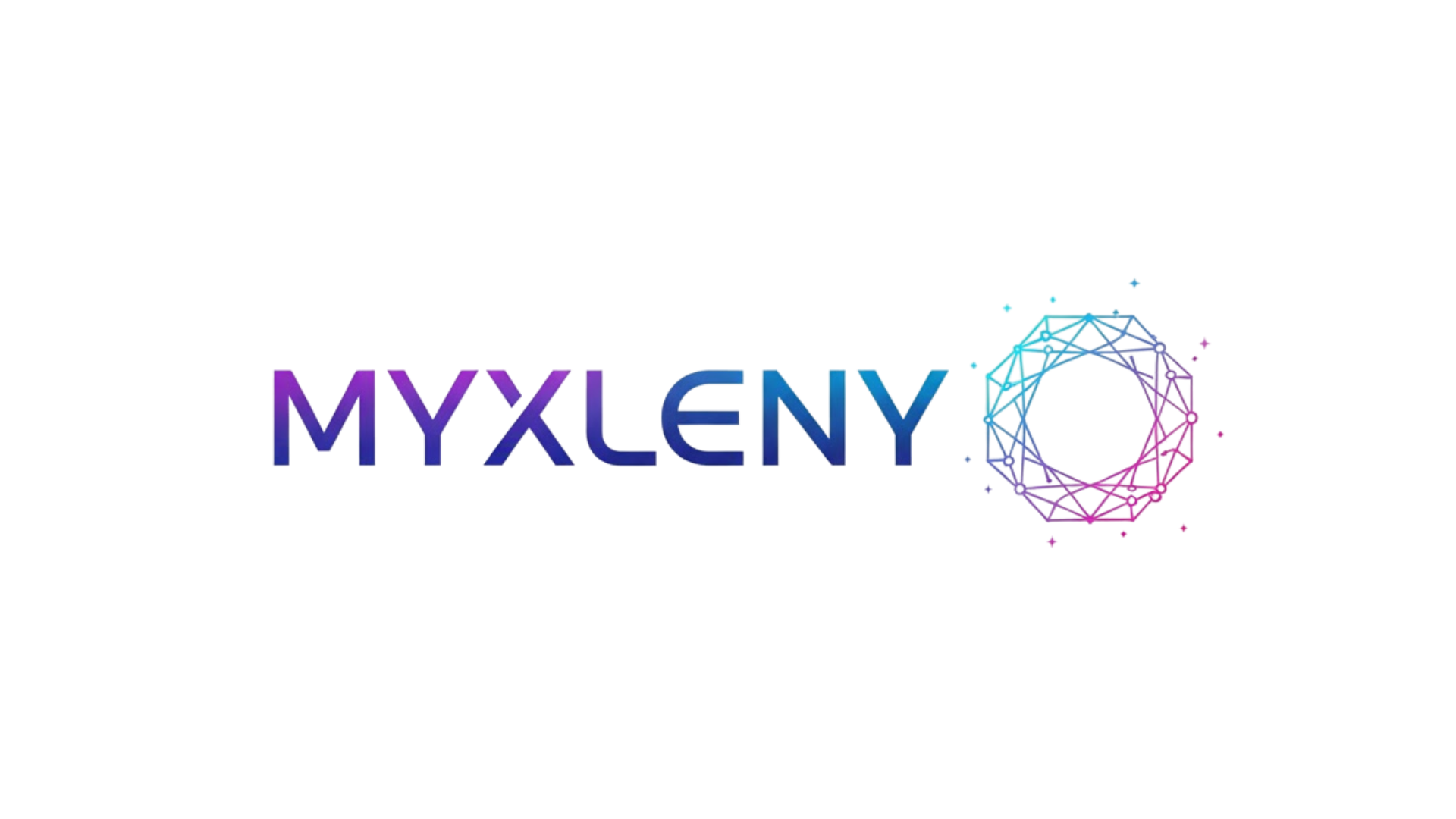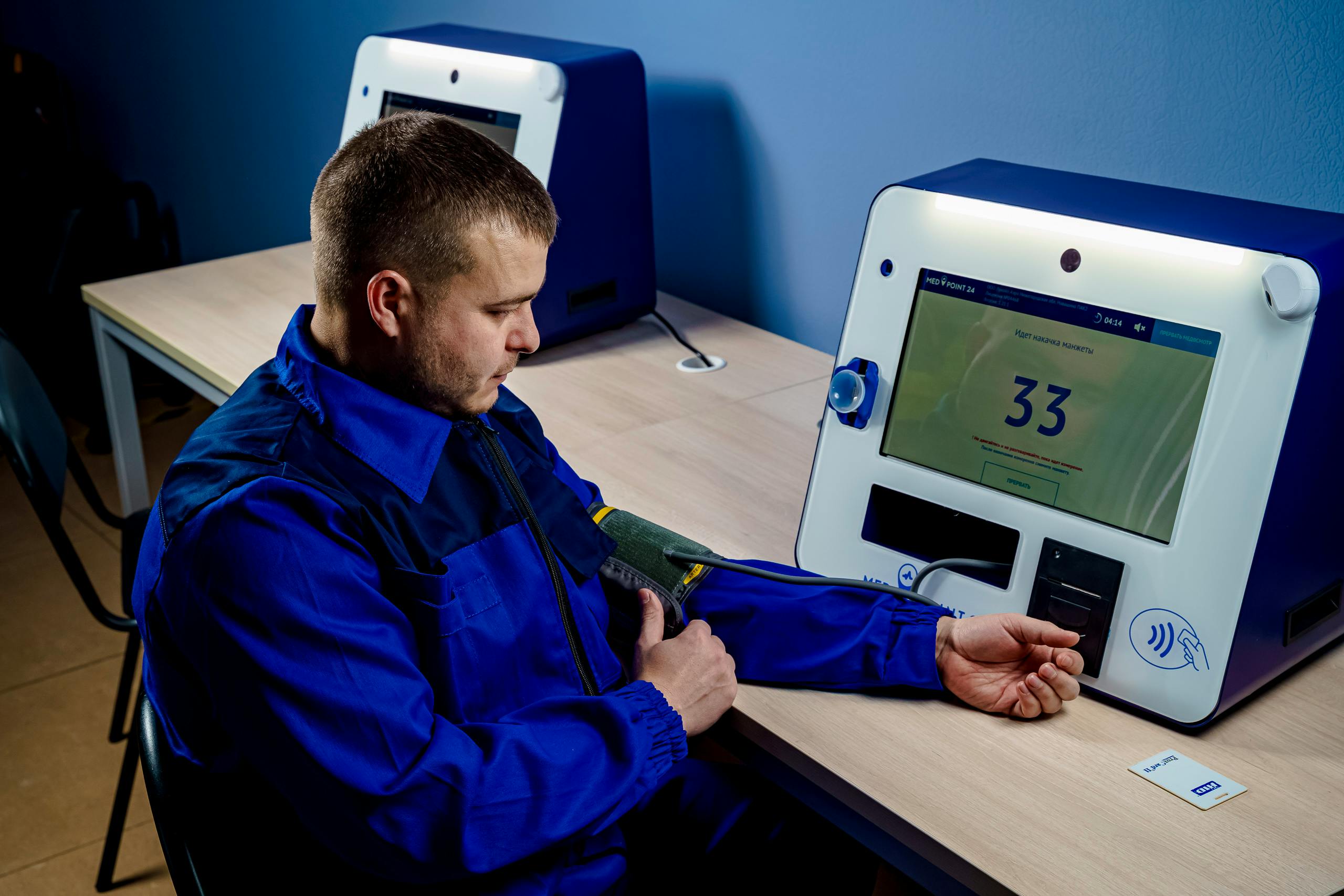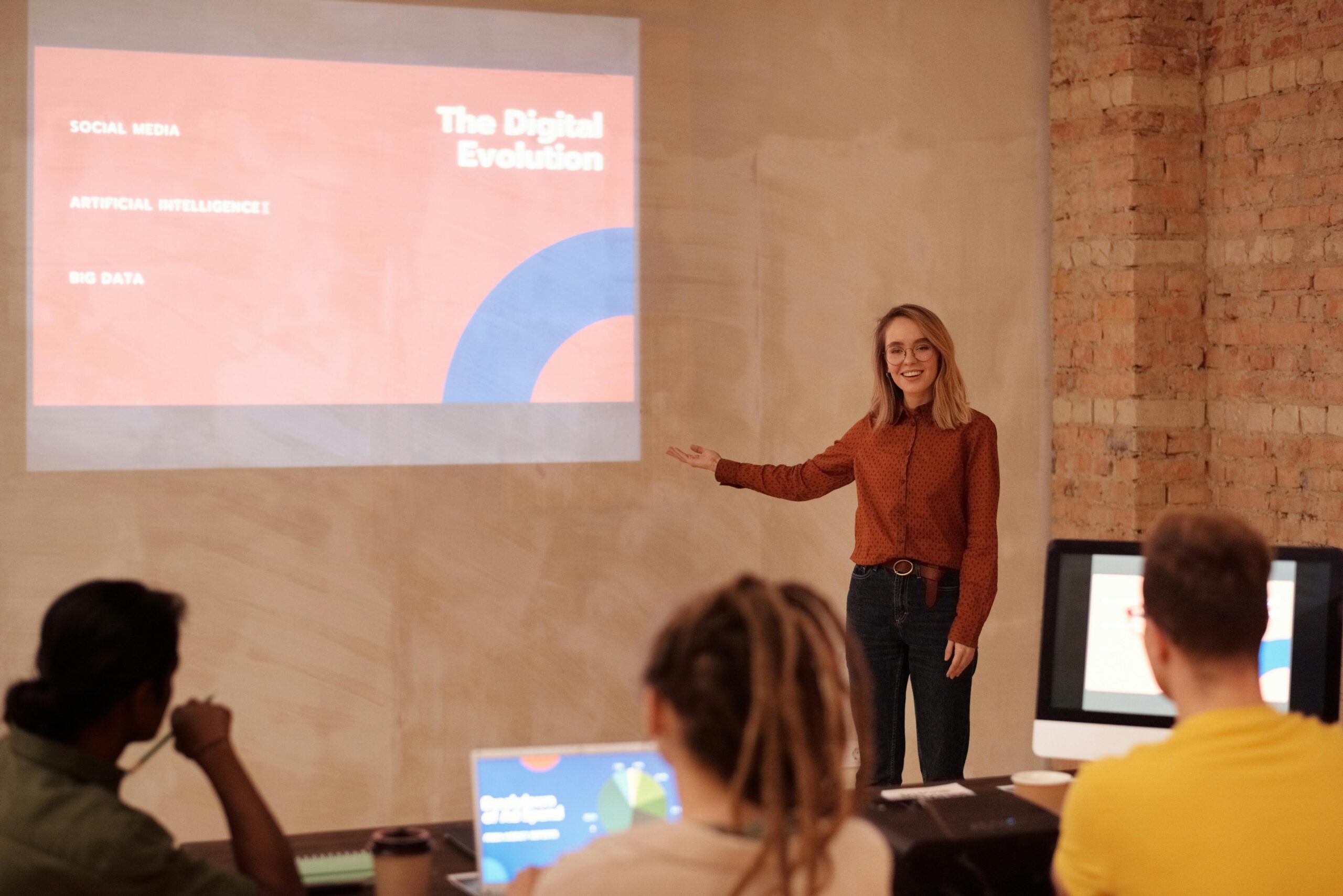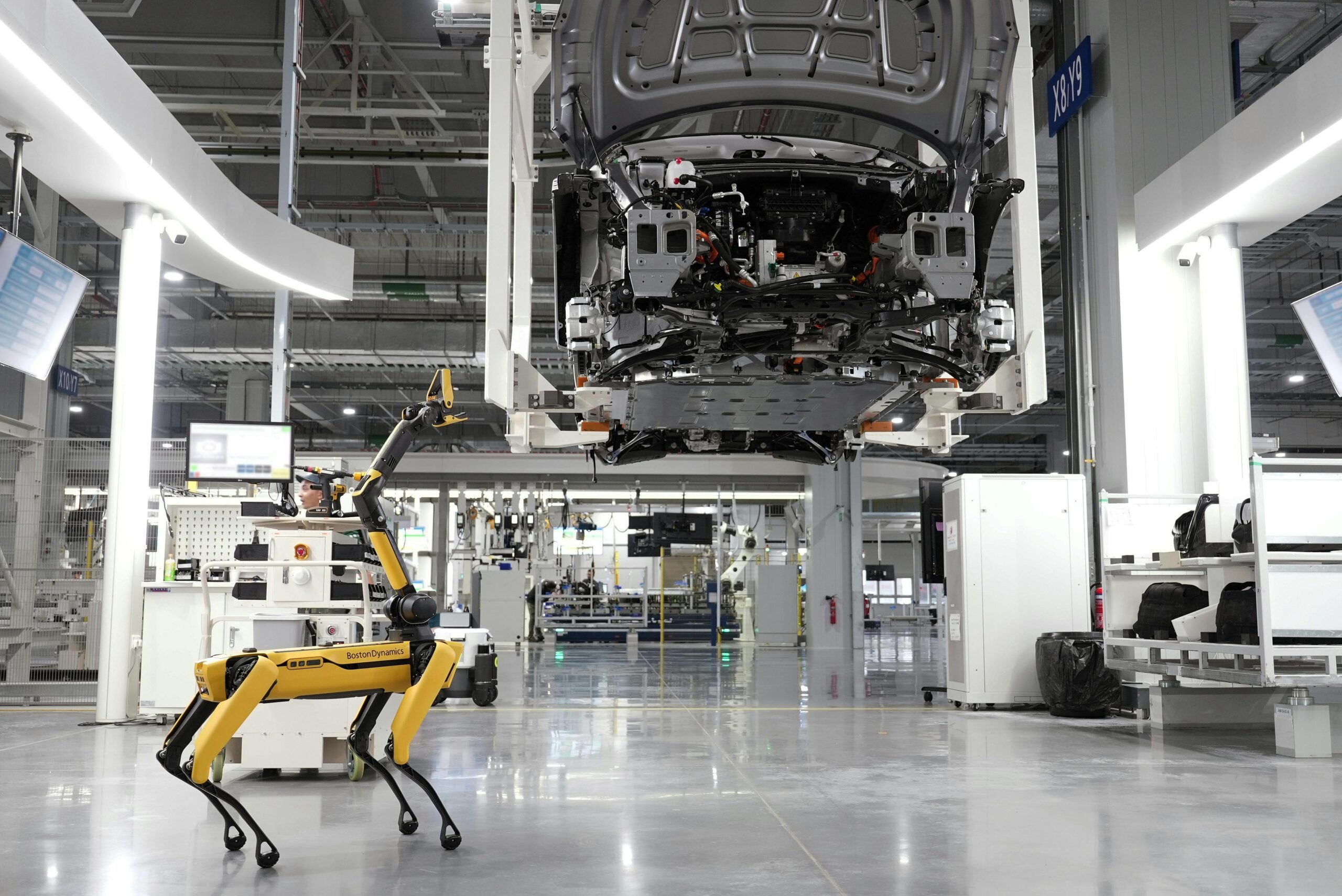The workplace is transforming at an unprecedented pace, driven by artificial intelligence, human-centric design, and collaborative innovation. Industry 5.0 is reshaping how we work, learn, and grow.
🚀 Understanding the Industry 5.0 Revolution
Industry 5.0 represents a paradigm shift from the automation-focused Industry 4.0 to a model that emphasizes human-machine collaboration. Unlike its predecessor, which prioritized efficiency and data-driven processes, Industry 5.0 places human creativity, sustainability, and social responsibility at its core. This evolution acknowledges that technology should enhance human capabilities rather than replace them entirely.
The concept emerged as organizations recognized the limitations of pure automation. While Industry 4.0 brought remarkable advances in robotics, IoT, and artificial intelligence, it sometimes overlooked the irreplaceable value of human intuition, empathy, and creative problem-solving. Industry 5.0 bridges this gap by creating synergistic relationships between advanced technologies and human workers.
This transformation isn’t merely technological—it’s philosophical. It challenges businesses to reconsider their operational models, workforce development strategies, and organizational cultures. Companies embracing Industry 5.0 principles are discovering that the combination of human ingenuity and technological precision creates unprecedented opportunities for innovation and growth.
💼 Core Workforce Trends Shaping Tomorrow’s Workplace
Collaborative Intelligence: Humans and Machines Working Together
The most significant trend in Industry 5.0 is the rise of collaborative intelligence, where artificial intelligence augments human decision-making rather than replacing it. Workers are increasingly partnering with AI systems that handle data analysis, pattern recognition, and routine tasks, freeing humans to focus on strategic thinking, relationship building, and creative innovation.
This collaboration manifests in various forms across industries. In manufacturing, cobots (collaborative robots) work alongside human operators, handling physically demanding or repetitive tasks while workers oversee quality control and complex assembly. In healthcare, AI-powered diagnostic tools assist physicians in identifying patterns, but doctors make final treatment decisions based on patient context and medical judgment.
The key to successful collaborative intelligence lies in proper training and mindset adaptation. Workers must develop digital literacy and learn to leverage AI tools effectively, while organizations must invest in interfaces and systems that facilitate seamless human-machine interaction.
Personalized Learning and Continuous Upskilling
The half-life of skills is shrinking dramatically, making continuous learning essential for career longevity. Industry 5.0 workplaces are adopting personalized learning pathways that adapt to individual employee needs, preferences, and career goals. AI-powered learning management systems analyze skill gaps and recommend targeted training programs, microlearning modules, and hands-on projects.
Organizations are moving away from one-size-fits-all training approaches toward dynamic, adaptive learning ecosystems. Employees can access learning resources on-demand, participate in virtual reality simulations, and engage in peer-to-peer knowledge sharing. This democratization of learning ensures that workforce development keeps pace with technological advancement.
Forward-thinking companies are also creating internal talent marketplaces where employees can discover new roles, projects, and learning opportunities aligned with their aspirations. This approach increases employee engagement, reduces turnover, and builds organizational resilience by developing versatile, multi-skilled teams.
🌱 Sustainability and Purpose-Driven Work
Industry 5.0 integrates sustainability into the core of business operations rather than treating it as an afterthought. Workers, especially younger generations, increasingly seek employment with organizations that demonstrate genuine commitment to environmental and social responsibility. This shift is transforming job descriptions, performance metrics, and corporate cultures.
Companies are redesigning workflows to minimize waste, reduce carbon footprints, and promote circular economy principles. Employees at all levels are being empowered to identify sustainability improvements and participate in green innovation initiatives. This democratization of sustainability transforms it from a compliance burden into a source of competitive advantage and employee engagement.
The emphasis on purpose-driven work extends beyond environmental concerns to include social equity, ethical AI development, and community impact. Organizations that articulate clear values and align daily operations with those principles attract top talent and build stronger stakeholder relationships.
🎯 Essential Skills for the Industry 5.0 Workforce
Success in the Industry 5.0 era requires a unique blend of technical proficiency and distinctly human capabilities. While specific technical skills remain important, the most valuable employees demonstrate adaptability, emotional intelligence, and creative problem-solving abilities.
Technical Competencies in Demand
- Data Literacy: Ability to interpret data visualizations, understand basic analytics, and make data-informed decisions without necessarily being a data scientist
- Digital Fluency: Comfort with emerging technologies including AI, IoT devices, cloud platforms, and collaborative tools
- Cybersecurity Awareness: Understanding of digital security principles and best practices to protect organizational and customer data
- Systems Thinking: Capacity to understand interconnected processes and anticipate how changes in one area affect the broader system
- Sustainable Design Principles: Knowledge of eco-friendly materials, energy-efficient processes, and circular economy concepts
Human-Centric Skills That Set You Apart
- Emotional Intelligence: Ability to recognize, understand, and manage emotions in yourself and others—critical for leadership and collaboration
- Creative Problem-Solving: Capacity to approach challenges from multiple angles and develop innovative solutions that machines cannot replicate
- Adaptive Thinking: Flexibility to pivot strategies, learn new approaches quickly, and thrive amid uncertainty
- Cross-Cultural Communication: Effectiveness in diverse, global teams with varying perspectives, backgrounds, and communication styles
- Ethical Reasoning: Ability to navigate complex moral questions around technology use, data privacy, and social responsibility
📊 Industry 5.0 Workforce Transformation Across Sectors
| Industry | Key Transformation | Emerging Roles |
|---|---|---|
| Manufacturing | Human-robot collaboration in smart factories | Cobot coordinators, sustainable production specialists |
| Healthcare | AI-assisted diagnostics with human oversight | Health data analysts, patient experience designers |
| Education | Personalized learning powered by adaptive AI | Learning experience architects, digital pedagogy consultants |
| Retail | Omnichannel experiences blending digital and physical | Customer journey designers, sustainability merchandisers |
| Finance | Automated processes with human relationship management | Financial wellbeing coaches, ethical AI auditors |
🔮 Preparing Your Career for the Industry 5.0 Era
Embrace Lifelong Learning as a Lifestyle
The most successful professionals in Industry 5.0 treat learning as a continuous journey rather than a destination. Create a personal learning ecosystem that includes formal courses, industry publications, podcasts, professional communities, and hands-on experimentation. Dedicate time weekly to exploring emerging technologies, industry trends, and adjacent fields that might inform your primary expertise.
Consider developing a T-shaped skill profile: deep expertise in your core domain complemented by broad knowledge across related areas. This versatility makes you valuable in cross-functional projects and positions you to pivot as market demands evolve.
Build Your Human Advantage
While machines excel at processing information and executing algorithms, they cannot replicate authentic human connection, ethical judgment, or creative innovation. Invest deliberately in developing these distinctly human capabilities. Practice active listening, cultivate empathy, engage in creative pursuits outside your profession, and seek diverse perspectives that challenge your assumptions.
Participate in collaborative projects that require negotiation, consensus-building, and navigating ambiguity. These experiences develop the soft skills that increasingly differentiate high-performing professionals from their peers.
Cultivate a Growth Mindset Toward Technology
Rather than viewing technological advancement as a threat, approach it with curiosity and pragmatism. Explore how emerging tools can amplify your capabilities, automate tedious aspects of your work, and free time for higher-value activities. Experiment with AI assistants, automation tools, and collaboration platforms to discover what works for your workflow.
Stay informed about technological developments in your industry without becoming overwhelmed by every new trend. Focus on understanding underlying principles and potential applications rather than mastering every tool that emerges.
🏢 Organizational Strategies for Industry 5.0 Success
Companies that thrive in Industry 5.0 recognize that technology investments must be matched by equally significant investments in people and culture. Organizations should create psychologically safe environments where employees feel empowered to experiment, fail, learn, and innovate without fear of punishment.
Leadership approaches are evolving from command-and-control hierarchies to facilitative models that empower distributed decision-making. Managers are becoming coaches who develop talent, remove obstacles, and connect team members with resources rather than micromanaging execution.
Progressive organizations are redesigning physical and digital workspaces to facilitate collaboration while respecting individual work preferences. This includes flexible arrangements that accommodate remote work, hybrid schedules, and asynchronous communication while maintaining strong team cohesion and organizational culture.
Metrics That Matter in the New Era
Traditional performance metrics focused heavily on productivity, efficiency, and output volume. Industry 5.0 demands more nuanced measurement systems that capture innovation, learning velocity, collaboration quality, and sustainability impact. Organizations are developing balanced scorecards that reflect both business outcomes and human wellbeing.
Employee experience metrics—including psychological safety, skill development opportunities, and work-life integration—are becoming leading indicators of organizational health. Companies recognize that engaged, continuously learning employees drive innovation and adaptability far more effectively than burned-out high performers.
🌐 Navigating Challenges in the Transition
The transition to Industry 5.0 work models isn’t without obstacles. Many workers feel anxious about technological displacement, overwhelmed by the pace of change, or uncertain about how to remain relevant. Organizations must address these concerns through transparent communication, accessible reskilling programs, and supportive transition pathways.
Digital divides—both within organizations and across societies—threaten to create new inequalities if not proactively addressed. Companies and policymakers must ensure that Industry 5.0 opportunities extend broadly rather than concentrating benefits among already-privileged groups.
Ethical considerations around AI deployment, data privacy, and algorithmic decision-making require ongoing attention and stakeholder input. Organizations must establish clear governance frameworks that prioritize human dignity, fairness, and accountability alongside efficiency and innovation.
✨ Thriving in Uncertainty: Your Action Plan
Begin with self-assessment. Identify your current skills, natural strengths, and areas for development. Research how your industry is evolving and what capabilities will be most valuable in the next five years. Create a personalized development plan with specific, measurable goals and regular review checkpoints.
Build strategic relationships across your organization and industry. Join professional communities, attend conferences, participate in online forums, and seek mentors who exemplify the future you want to create. These connections provide learning opportunities, career insights, and professional support during transitions.
Take calculated risks that expand your capabilities and visibility. Volunteer for cross-functional projects, propose innovative solutions to organizational challenges, and share your knowledge through presentations, articles, or teaching opportunities. These experiences build confidence, credibility, and versatility.
Finally, maintain perspective and resilience. Change creates discomfort, and setbacks are inevitable. Develop practices that support your mental health, physical wellbeing, and emotional equilibrium. The professionals who thrive amid disruption aren’t those who never struggle—they’re those who recover quickly and extract learning from every experience.

🎊 Embracing the Human Renaissance at Work
Industry 5.0 represents a renaissance of human potential in the workplace. After decades of viewing workers primarily as resources to be optimized, we’re rediscovering the irreplaceable value of human creativity, judgment, and connection. The future belongs to professionals who combine technological fluency with distinctly human capabilities—those who can collaborate with machines while bringing empathy, ethics, and innovation to every challenge.
This transformation requires courage, curiosity, and commitment from individuals and organizations alike. The path forward isn’t always clear, and the pace of change can feel relentless. Yet for those willing to embrace continuous learning, cultivate their human advantage, and contribute to sustainable, purpose-driven work, Industry 5.0 offers unprecedented opportunities for meaningful careers and positive impact.
The future of work isn’t something that happens to us—it’s something we create together through daily choices, learning commitments, and collaborative innovation. By staying curious, adaptable, and human-centered, you can not only survive the Industry 5.0 transition but truly thrive in this exciting new era of work.
Toni Santos is a future-of-work researcher and social innovation writer exploring how technology, culture, and global mobility are redefining what it means to work and thrive in the 21st century. Through his studies on automation, digital nomadism, and workforce transformation, Toni examines the balance between progress, adaptability, and human purpose in a rapidly changing world. Passionate about remote collaboration systems and digital inclusion, Toni focuses on how emerging tools and global connectivity empower individuals to build meaningful, flexible, and resilient careers. His work highlights how automation and new work models can coexist with creativity, empathy, and social value. Blending sociology, economics, and digital strategy, Toni writes about the human side of innovation — helping readers understand not only where work is heading, but how to align with its transformation responsibly and purposefully. His work is a tribute to: The evolving relationship between automation and human employment The rise of global, location-independent lifestyles The power of resilience and adaptability in the modern workforce Whether you are a freelancer, remote leader, or curious observer of the new economy, Toni Santos invites you to explore the future of work — one idea, one connection, one transformation at a time.




